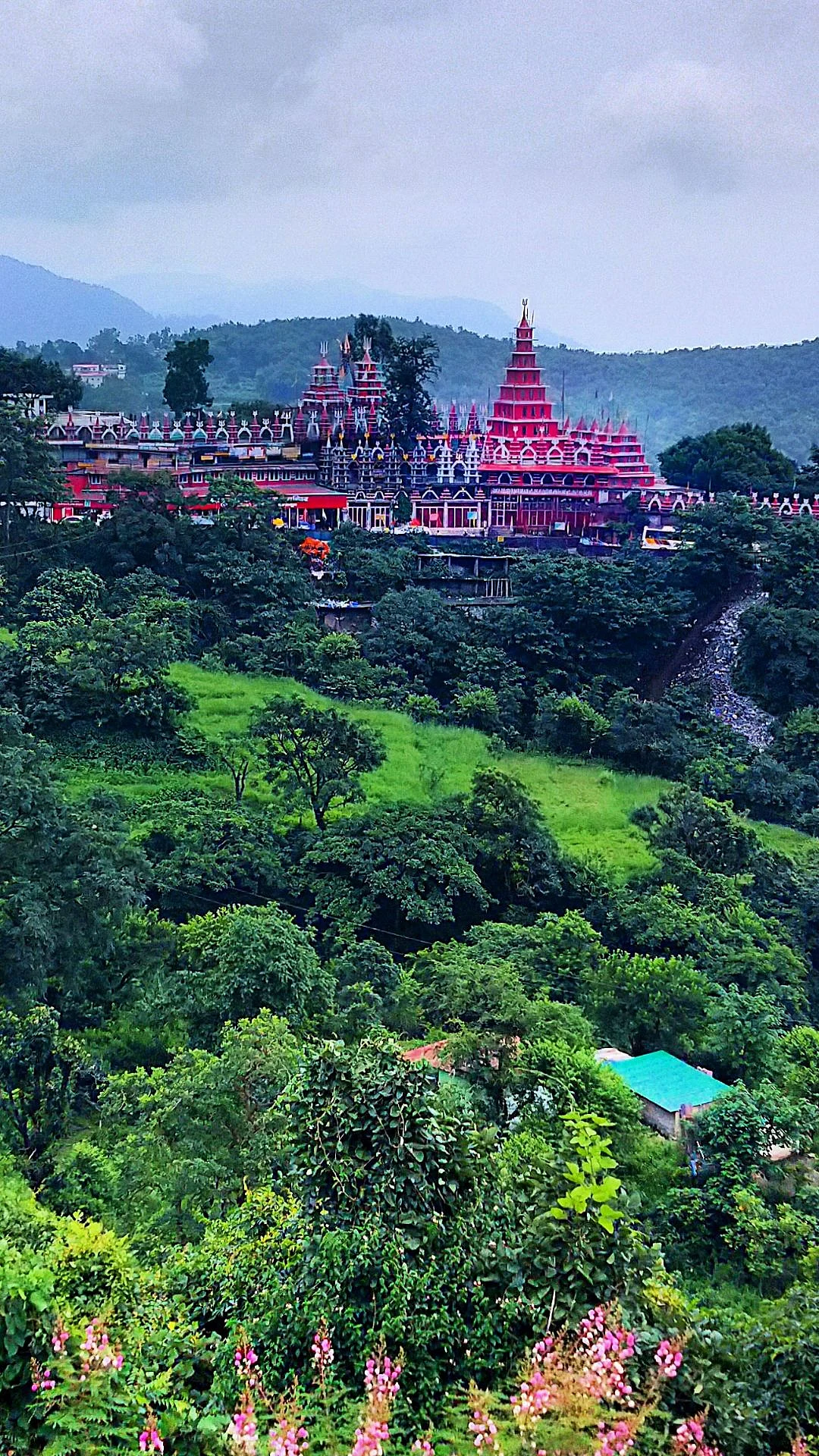‘Atma Stuti’ is extolling self and ‘Para Ninda’ is the denigration of others. These may seem common in the current optics-based transactional world. Behind the issue of ‘self-promotion’ and ‘other-insulting’ lies the feeling of insecurity and a deep sense of separation. If one sees ONE in all, then one shall not promote self and/or decry others. The concept of self is deep-rooted and multi-layered. Initially, it envelops the physical self of the individual, later their family, then it goes on to cover the extended family and network of associates/affiliates. As material benefit dispensation is not always possible, here comes the verbal support or attacks in the form of ‘Atma Stuti’ or ‘Para Ninda’. Avoidable.
The sense of separation or inclusion is individual soul-dependent. The notion of self gets exhibited as ego and it is difficult to cross it for many achieved souls as well. The wise compares the spiritual journey to ‘moving up the greased pole’, and one may slip from the top too! Puranas tell us about Kansa, Ravana, Vali, and even learned sages suffering from inflated self-notion. Additionally, senior characters fell for the ‘we vs they’ separation. The very opening verse in Bhagavad Gita presents King Dhritarashtra asking Sanjaya about how ‘my people’ and ‘sons of Pandu’ (Maamaka Pandavaschaiva) are engaged in Kurukshetra. The major portion of Ramayana happened due to the over-discerning Queen Kaikeyi seeking the kingdom for ‘her son’ and trying to put the ‘other’ away. Dhruva’s story had a similar reason.
Required self-conduct, factual representation of self as per the need is not ‘Atma Stuti’. It is the expectation and requirement from the worldly point of view. It should stop as genuine communication. Denying others’ good qualities and denigrating them is ‘Para Ninda’, and not warranted. Traditional wisdom tells us that ‘Atma Stuti’ is akin to slow suicide and ‘Para Ninda’ is taking others’ Karma onto self. The starting point of avoiding these pitfalls is in - choosing one’s work to speak for itself and secondly, not to talk about other persons in their absence. Less ‘Atma Stuti’ and avoiding ‘Para Ninda’ shall make one’s life simple, and may result in lower transaction costs too. This shall make our world a better place.
(Dr. S. Ainavolu is a professor at VPSoM, Navi Mumbai. Views are personal. May find the full version of the articles at https://www.ainavolu.in/blog)










